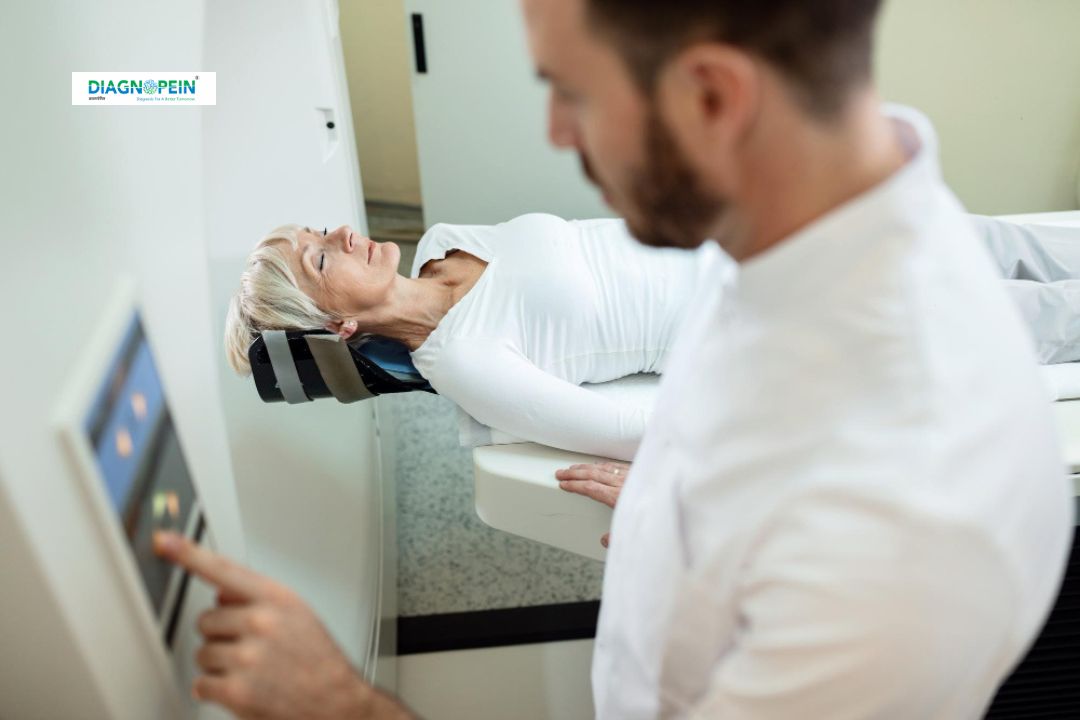Why MRI Abdomen – With Contrast Is Important
An MRI Abdomen with contrast is essential for identifying and evaluating complex abdominal conditions that may not be visible on ultrasound or CT scans. The contrast enhancement helps radiologists distinguish between normal and abnormal tissues, allowing for a more precise diagnosis. It is particularly useful for:
-
Detecting and staging liver tumors or metastases
-
Evaluating pancreatic lesions or masses
-
Assessing kidney cysts, infections, or tumors
-
Examining blood vessels for blockages or aneurysms
-
Diagnosing inflammatory bowel diseases and soft-tissue abnormalities
Unlike CT scans, MRI avoids ionizing radiation, making it safer for repeated follow-up examinations. It is especially valuable when high tissue sensitivity is required for accurate clinical assessment.
Benefits of MRI Abdomen – With Contrast
This imaging scan offers multiple diagnostic advantages that help clinicians make well-informed decisions:
-
Produces high-definition, cross-sectional images for detailed organ visualization
-
Contrast dye improves tissue differentiation and detects subtle abnormalities
-
Enables early detection of cancer, infection, and vascular diseases
-
Provides non-invasive insight into organ function and structure
-
No radiation exposure, suitable for long-term monitoring
The result: more accurate evaluation, faster treatment planning, and improved patient outcomes.
How the MRI Abdomen – With Contrast Test Is Done
The MRI abdomen procedure is safe and typically takes 30 to 60 minutes. Here’s how it is performed:
-
Preparation – You may be advised to fast for 4–6 hours before the scan. Remove metal objects and wear a hospital gown. Inform your doctor if you are pregnant or have kidney issues.
-
Contrast Injection – A gadolinium-based contrast agent is injected into a vein, usually in the arm, to highlight blood vessels and organs.
-
Imaging Process – You will lie on a motorized table that slides into the MRI scanner. The scanner uses magnetic fields to create detailed images of your abdominal organs.
-
Post-procedure – You can return to normal activities immediately after unless sedation was used. The radiologist interprets the images and sends the report to your doctor.
Parameters and Key Clinical Focus
MRI Abdomen with contrast assesses crucial abdominal parameters including:
-
Liver size, contour, and lesion characterization
-
Gallbladder and biliary tract visualization
-
Pancreatic ductal and parenchymal structure
-
Kidney and adrenal gland evaluation
-
Blood vessel integrity (aorta, hepatic, portal, and renal veins)
-
Lymph node enlargement or inflammation detection








